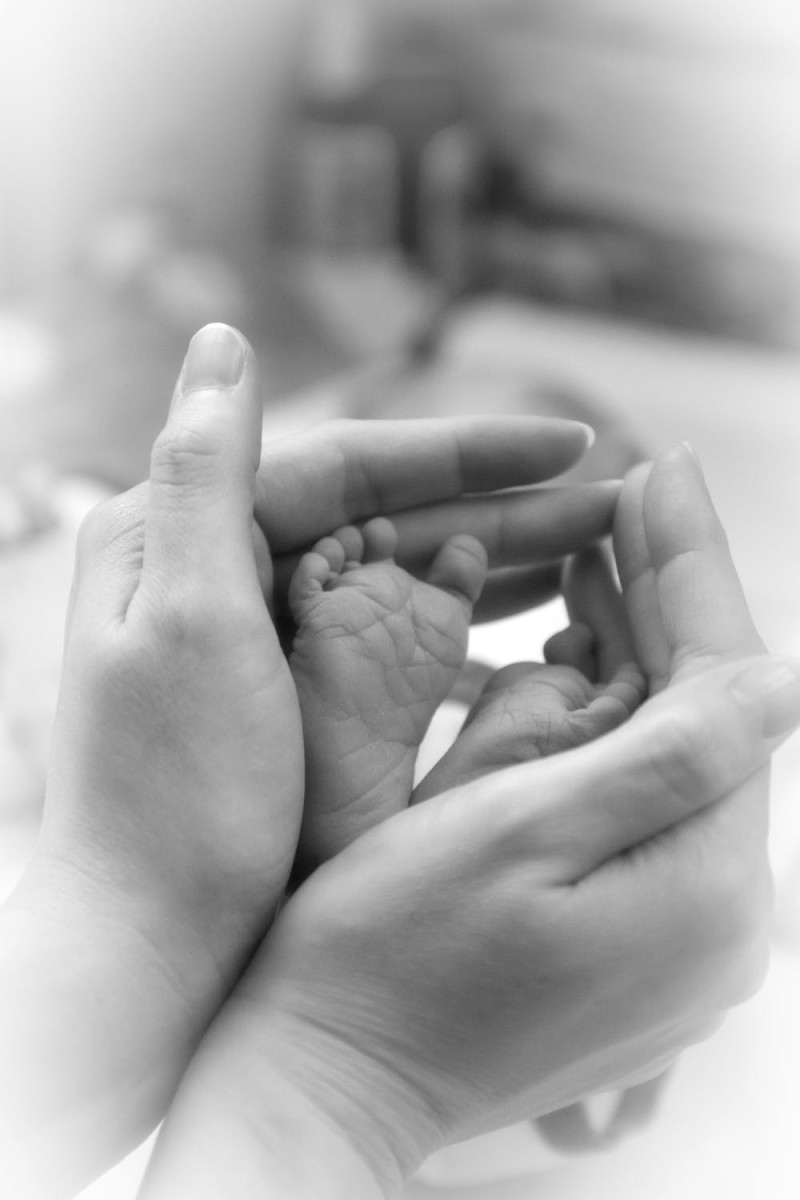Posted on Sunday, 12th May 2019
“There’s the image of motherhood that the media would have us believe: Instagram mum – nurturing but sexy, while furiously multi-tasking and people pleasing – and then there’s the reality, the sheer hard work of mothering. The organising, the cooking, the cleaning, the sleepless nights and all of this over a lifetime – not just for newborn babies but toddlers, school kids, teenagers (and sometimes adults) too.
The pressure on mothers is phenomenal. We have this idea that mothers are and should be completely selfless - giving to everyone else before themselves. Striving to do all of this can very often leave women feeling exhausted and wondering who they really are outside of this most important (and challenging) of jobs.
Raising a child to become an adult is a transformational process both for the child and the mother. As the child grows and changes – so too does the mother. Becoming a mother is a process of huge on-going self-transformation, but a process that very often remains unacknowledged and unconscious. We forget that when a baby is born, a mother is born too.
The experience of becoming a mother, is a process anthropologists call “matrescence,” and is largely ignored not only by the medical profession, but society in general. A recent study from the NCT (National Childbirth Trust) showed that more than a fifth of women who had a six-week mother and baby check up said they weren’t asked about their own mental and emotional wellbeing. Half of all those surveyed said they had experienced mental or emotional health problems at some time during pregnancy or the first year of motherhood, but nearly a quarter said they felt they couldn’t be truthful about it and had put a brave face on it. According to the Association for Post Natal Illness, as many as 10% of mothers experience post-natal depression.
It seems the world a mother steps into upon pregnancy and childbirth is not an easy place and there’s a sense of creeping unreality and invisibility. Very often mothers themselves can’t acknowledge all that they do, with almost 90% of mothers feeling guilty at some point, and 21% feeling this way most or all of the time. We find it difficult to describe exactly what mothers do right but we have a multitude of language to describe all they do wrong: they’re “neurotic”, a “pushy mum,” “hysterical,” or a “martyred mother” and the list goes on.
In her book, What Mothers Do – Especially When it Looks Like Nothing, the psychotherapist, Naomi Stadlen makes this point: “Mothers, who are doing so much.... feel lonely, invisible and unimportant. Yet...each mother is preparing her child to belong to the society that we all share. It doesn’t seem too much to say that the whole of civilization depends upon the work of mothers...If mothers feel unimportant, then surely the value of their work is not properly acknowledged.”
Unpacking all of this, we arrive at the work of the English psychoanalyst Donald Winnicott who coined the phrase, the “good enough” mother. He acknowledges a split between both the mother’s and the child’s needs and sees the tussle between the two as a necessary background for the child to grow and understand the given frustrations of life. Taking a cue from Winnicott, mothers need acknowledgement, understanding and kindness. We say it takes a village to raise a child but mothers too must have their village. Studies and research show that just as children need to receive unconditional acceptance, so do mothers. In short, mothers need mothering too.”
An excerpt from an article on Welldoing.org by Susan Tomlinson published in October 2018.
